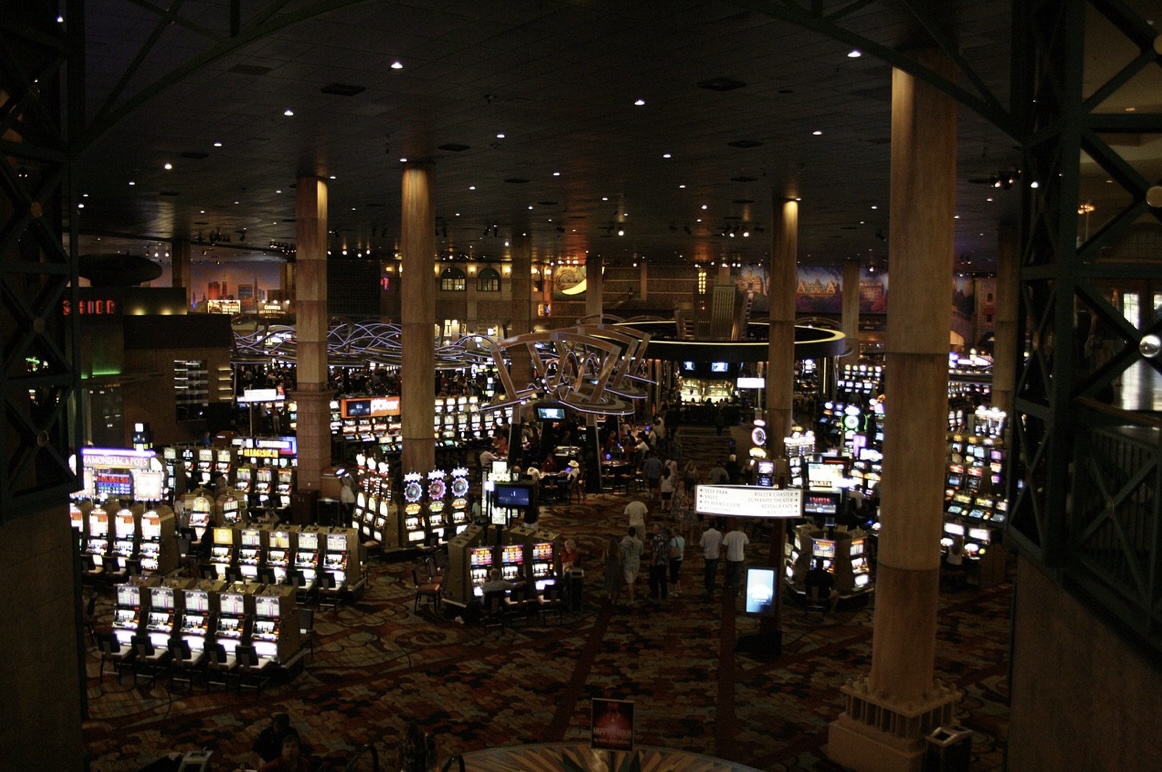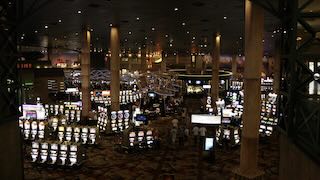May 27 (News On Japan) - Japan appears ready to restart its casino expansion plans. Reports from Hokkaido Shimbun suggest the government will launch fresh license applications for two more integrated resort projects.

This comes after years of setbacks that left MGM Osaka as the only surviving project from the original three-resort plan approved in 2018.
Government officials have begun contacting prefectures that previously showed interest in casino development. The pandemic created major tourism problems, but it also led to increased illegal gambling as people turned to underground venues while regular entertainment options stayed closed.
Previous Bidders Return to the Table
Tokyo is a natural choice for one of the new licenses. The capital serves as Japan's main international gateway and houses 37 million people within its metropolitan area. Strong transportation links make it easy for visitors to reach a casino complex. Tokyo authorities have not submitted a formal interest yet, which gives other regions opportunities to move forward.
Hokkaido and Yokohama show the strongest potential to pursue these licenses. Both participated in earlier selection rounds and maintained their interest throughout the delays. These prefectures have infrastructure that can support major casino developments.
Online Gambling Crackdown Points to Land-Based Growth
Japan's renewed casino push happens alongside stronger enforcement against online gambling sites. Online gambling is technically illegal in Japan, but Japanese players can reach international platforms that operate from other countries. People looking for trustworthy options often check review sites like Ghost Partners, which analyzes platforms that provide various games and fast payments to Japanese users.
This double approach suggests authorities see physical casinos as better alternatives. Land-based venues generate legitimate tax income and give officials more control over gambling activities. The government thinks regulated physical locations will help address addiction problems that grew during pandemic lockdowns.
Private Companies Must Drive New Projects
New integrated resort developments need major private investment and experienced international operators. Several companies from the original bidding process might still want to enter Japan. These include Mohegan Gaming and Entertainment, Rush Street Japan, and Hard Rock International.
The global casino market has changed significantly since 2018. Other regions now offer new opportunities. The United Arab Emirates introduced casino laws, with Wynn Resorts getting the first license for a 2027 opening. MGM Resorts International also plans a UAE project, showing that operators have multiple expansion choices.
Economic and Regional Benefits
Japan attracts international casino companies for reasons beyond its large domestic market. The country sits near wealthy Asian gamblers, especially those from China, where Macau remains the only legal casino destination. This geographic advantage adds significant potential to any resort project.
MGM Osaka expects about 20 million visitors yearly and 1 trillion yen in regional economic benefits. These projections help evaluate potential success for additional resorts in other areas. Local companies have positioned themselves to benefit from casino growth. Kansai Electric Power, West Japan Rail, and Panasonic hold small stakes in the Osaka project.
Timeline and Market Realities
New casino licenses face obstacles that did not exist during the 2018 planning. International tensions complicate business relationships between countries. Economic uncertainty makes large investments harder to justify for companies.
These resort projects take years to build from the ground up. Any new approvals won't see guests walk through their doors until the late 2020s. Casino companies have to put down big money now while they guess what the market will look like years later.
MGM Osaka becomes the leader when it opens in 2030. Officials and casino bosses will track how many visitors come, what revenue looks like, and whether social problems pop up. Those results will decide what comes next for policy and investment.
Japan's casino sector is reaching a decision point right now. Early troubles slowed things down, but the government still wants this to work, and companies still see opportunity. The basic potential remains intact even after all the delays. The question becomes whether Japan builds casinos that boost the economy without wrecking communities, and whether foreign operators think the payoff justifies the wait and risk.















